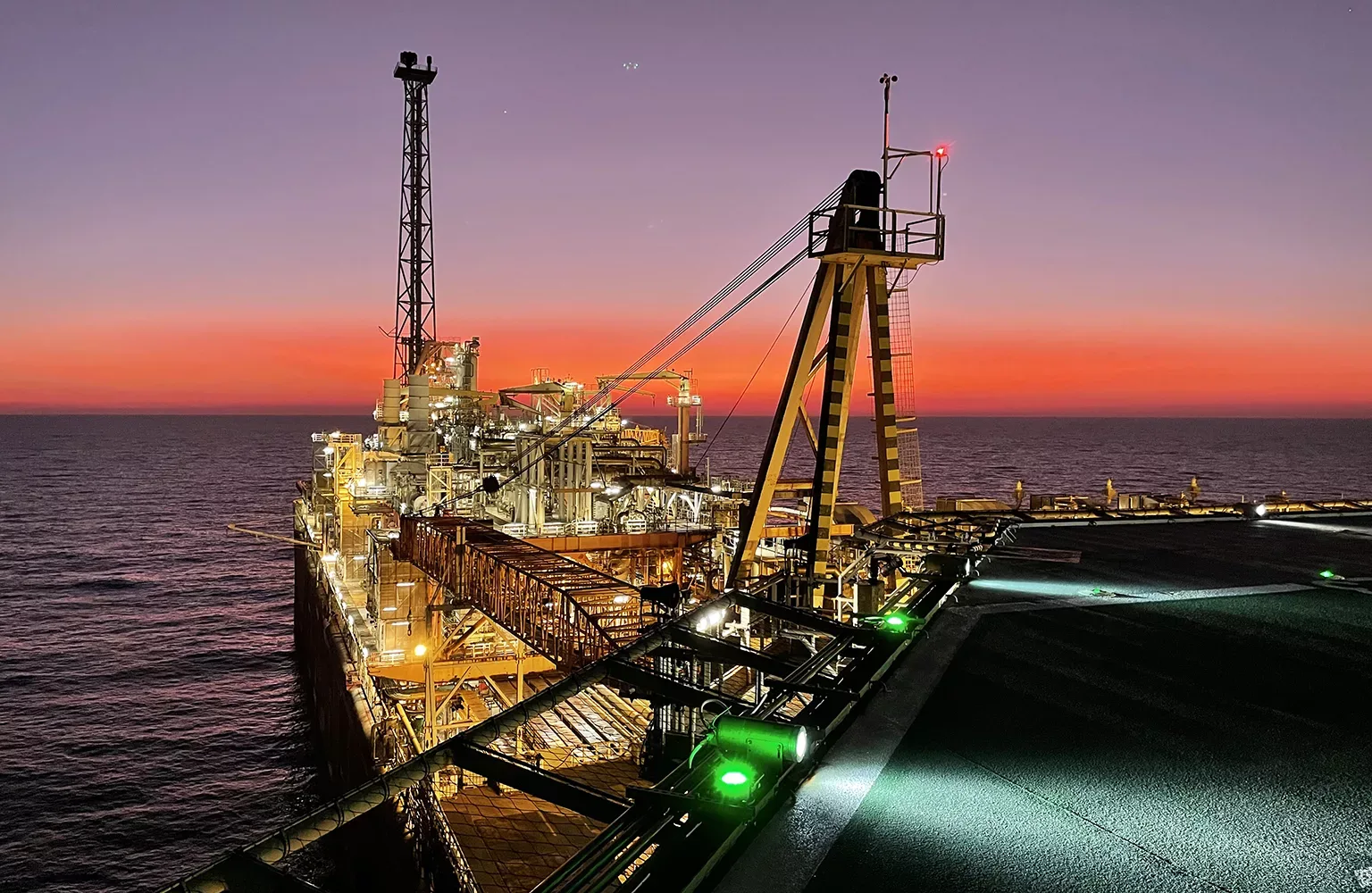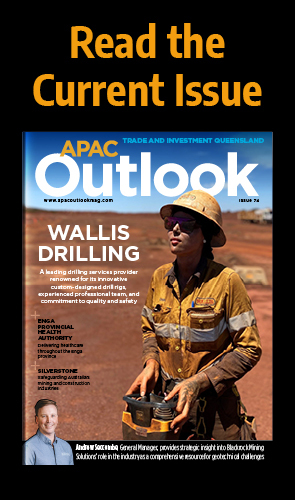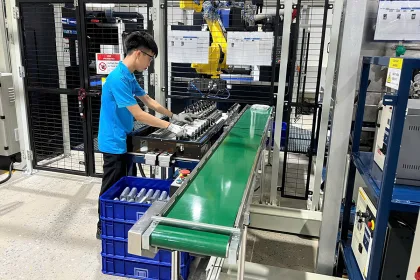Efficiently balancing the needs of the Australian oil and gas industry with the nation’s current energy transition, Josie Philips, Regional Director of Petrofac in Australia, tells us how the business provides diligent, end-to-end decommissioning services by leveraging global knowledge.
LOCAL DELIVERY, GLOBAL EXPERIENCE
Australia has witnessed a heightened focus on its energy transition in recent years, which has in turn reduced the amount of foreign and domestic investment into the oil and gas industry.
This has presented significant hurdles to the progression of new development projects, compounded by the increasing debate around offshore regulatory frameworks, which have been sparked by delays to recent significant oil and gas projects.
However, Josie Philips, Regional Director for Petrofac in Australia, argues that the oil and gas sector will in fact play a critical role in the country’s energy transition journey.
“Changes to the current framework are required to clarify consultation requirements and address ambiguity in expectations around offshore environmental management,” she opens.
Nevertheless, the company is also well-positioned to take hold of the emerging decommissioning sector.
“As many oil and gas assets near end-of-life, the challenge of a large clean-up exercise becomes apparent. Alongside mature asset management, decommissioning is an area where Petrofac excels,” she highlights.
As an industry leader in these services, the company is also active in several mature international basins, such as the North Sea and the Gulf of Mexico, where it has introduced many new disciplines and innovations.
As such, Petrofac is focused on bringing this expertise home to help the Australian decommissioning sector improve its efficiency, predictability, and safety.
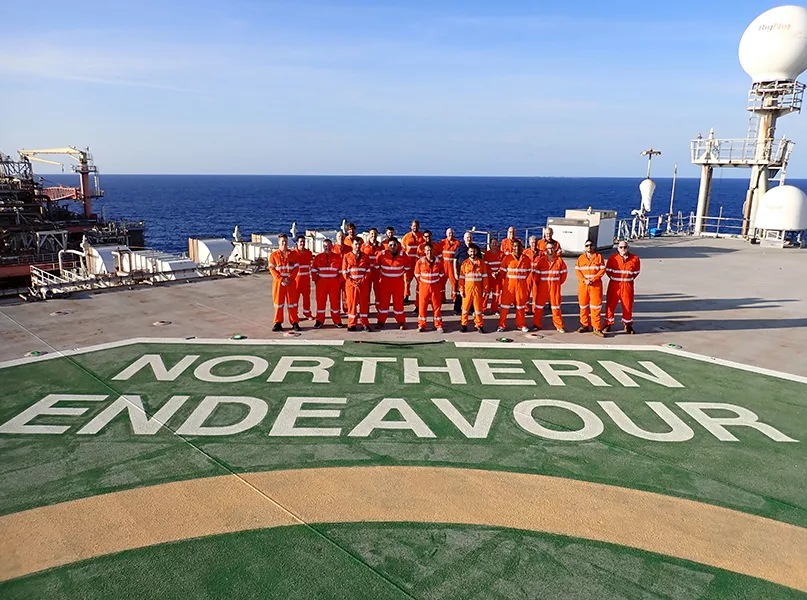
UTILISING INTERNATIONAL KNOWLEDGE
Petrofac’s Australian team operates in unison with its North Sea business in the UK, albeit currently on a smaller scale. The Australia team’s main areas of focus include supporting clients with mature asset management, operations, and maintenance, alongside end-to-end decommissioning, diligently conducted by Petrofac’s 100-strong workforce spread across its offices in Perth and Brisbane.
The company’s capabilities also extend to the energy transition space, where it supports clients with early-stage engineering design for some of the most exciting projects in hydrogen, ammonia, and carbon capture.
Petrofac operates as an Outsourced Operator under the Offshore Petroleum and Greenhouse Gas Storage Act 2006 (OPGS Act), allowing it to hold the safety case for a facility and take on regulatory liability on behalf of the client as an outsourced service.
“This is a process Petrofac pioneered on the UK Continental Shelf (UKCS) 35 years ago, and we currently operate under this model for various operators around the world,” informs Philips.
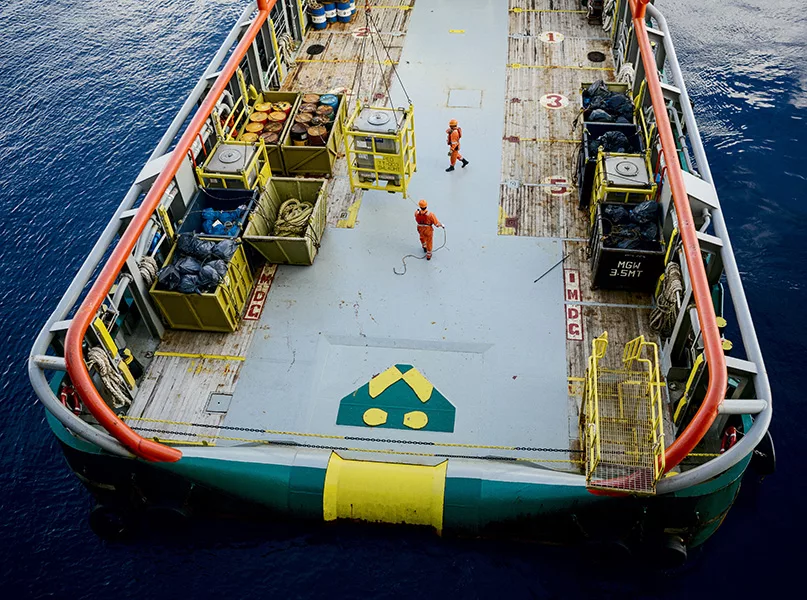
The business also stands out due to its unmatched in-house well engineering capabilities and all-encompassing services, including facility preparation for decommissioning alongside removal and well abandonment.
A further high-value asset of the company is its local delivery model. Despite operating globally and applying world-class standards and technologies to its work, the local communities in which it operates remain a priority.
Petrofac employs people from the nearby community, nurtures regional supply chains, and develops local capability, capacity, and talent.
This local delivery model helps Petrofac bid on challenging projects, keep costs at a minimum, reduce risk, and build stronger relationships with stakeholders.
“Wherever we operate, we aim to be a member of the local energy industry and not the representative office of a faceless global organisation,” Philips expresses.
“This is reflected in the make-up of our team, the growing scale of our local offices, our engagement with regional supply chains, and the type of social investments we make.”
“Wherever we operate, we aim to be a member of the local energy industry and not the representative office of a faceless global organisation”
Josie Philips, Regional Director, Petrofac Australia
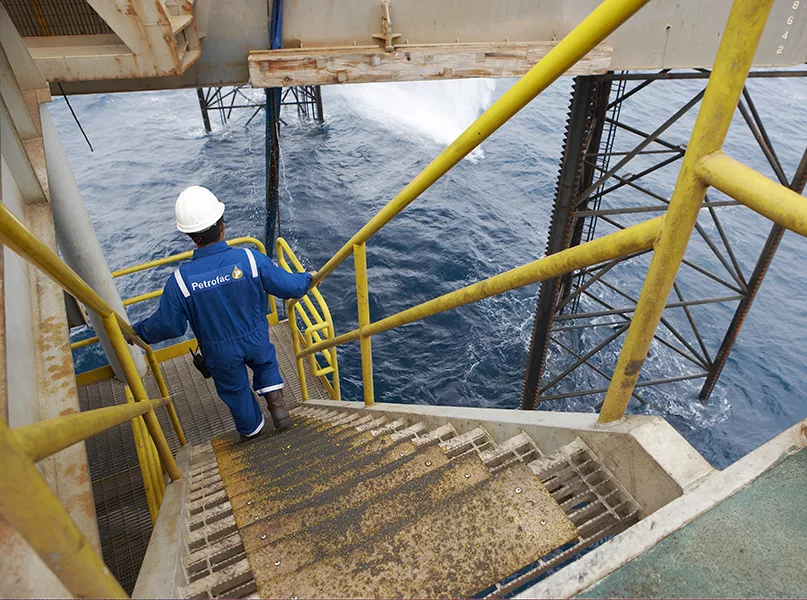
NORTHERN ENDEAVOUR
Petrofac’s Northern Endeavour decommissioning project was a breakthrough operation for the company, putting it on the industry map in Australia.
Given the age of the field and its assets, the project was a complex undertaking that involved meticulous planning, plenty of stakeholder engagement, and close collaboration with the regulators to obtain consent for each step.
Although the operation was supported by Petrofac’s global entities, the project team in Perth worked closely with several locally based supply chain partners.
“The first major milestone came in October 2022 when, following an intensive programme of due diligence and the necessary regulatory approvals, we officially took over operatorship of Northern Endeavour,” recalls Philips.
This demonstrated Petrofac’s ability to act as an outsourced operator and execute a major project offshore in Australia, which indicated significant growth from its previous domestic activities.
Elsewhere, the company is excited about commencing a preliminary front-end engineering design (pre-FEED) contract with Hexagon Energy Materials for its low-emission ammonia facility in Pilbara, a remote area of Western Australia.
The facility will be home to Hexagon’s flagship WAH2 project that aims to meet the rising demand for low-emission ammonia in the Asian market.
In support of the oil and gas industry’s place in renewable energies, low-emission ammonia has a significant role to play in the journey to carbon-free energy in the power generation sector, leading to a projected surge in demand for the gas over the next decade.
The project will be located on Hexagon’s 40-hectare site in the Maitland Strategic Industrial Area (SIA) and will serve key markets in Japan and South Korea while also providing for domestic Australian users.
“It’s a good indication of our credentials in the energy transition space, as well as our success in applying our established strengths in hydrogen and gas handling for this type of plant,” Philips comments.
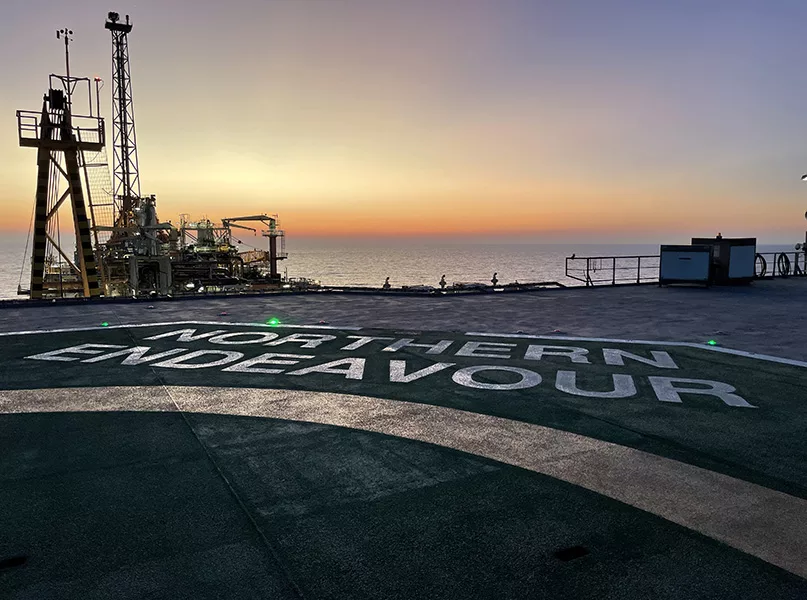
SUPPORTING LOCAL SUPPLIERS
Northern Endeavour requires more than 80 suppliers to ensure its success, which demonstrates the extent to which a large roster of competent suppliers is a vital necessity for Petrofac.
“First and foremost, our focus is to work with the local supply chain. Where these services do not exist locally or are over-stretched, we look to supplement and complement local capabilities with global suppliers,” explains Philips.
The company is also attracting trusted suppliers that Philips believes will be a good fit for the local market and extend its capacity and knowledge.
Furthermore, as a globally connected team, Petrofac has the advantage of tapping into the expertise of other regions for guidance and vendor recommendations worldwide.
“Although decommissioning is a new challenge in Australia, leveraging the extensive experience of our international colleagues allows us to confidently engage with vendors not yet present in the region. This collaboration enables us to efficiently fulfil our project scopes,” she elaborates.
Elsewhere, the company’s project success can be attributed to its approach to environmental, social, and governance (ESG) practices. Petrofac is determined to help its clients deliver the energy transition in a way that brings mutual benefits to their people, projects, and communities.
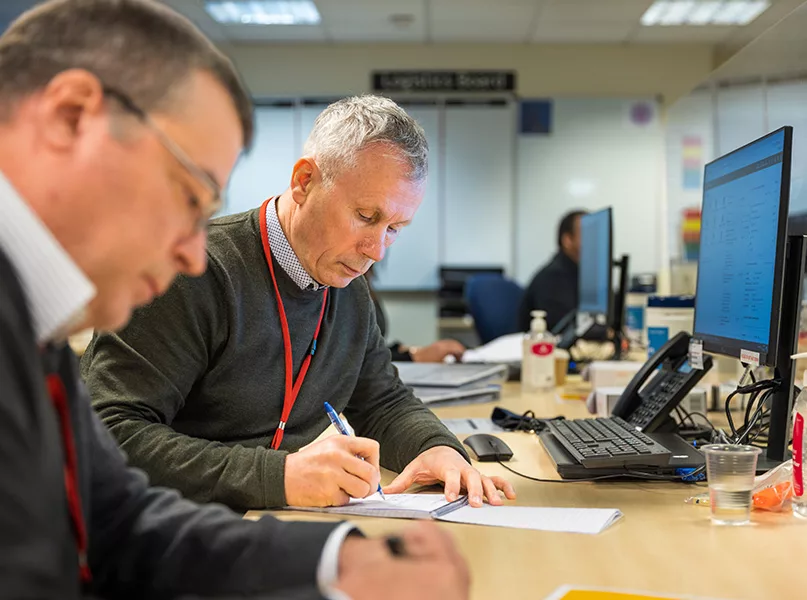
In addition to the company’s local delivery model, Petrofac is committed to ensuring its staff are valued and operate with an open mindset.
“As a people-based business, we care deeply about personal and professional development in a culture that embraces diversity. Moreover, we are a leader in protecting the safety and well-being of our people, and with a client-centric ethos, we nurture innovation and value creative problem-solving.”
In line with the efficient and safe delivery of its current endeavours, Petrofac hopes that the many energy transition projects it supports will gain further traction and progress into the development stages.
“Our local teams have been doing a lot of upskilling in the background to ensure we are ready to assist our customers with preparing for and operating in the energy transition. It would be fantastic to see that materialise,” Philips reveals.
Meanwhile, the company strives to further expand its local teams and provide greater opportunities for Petrofac’s existing employees.
“People are at the core of our business and our most valuable asset. We already have a strong and diverse team locally, so I’m excited to see where the future can take us,” she concludes.



